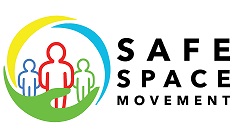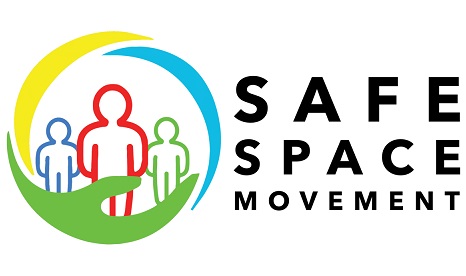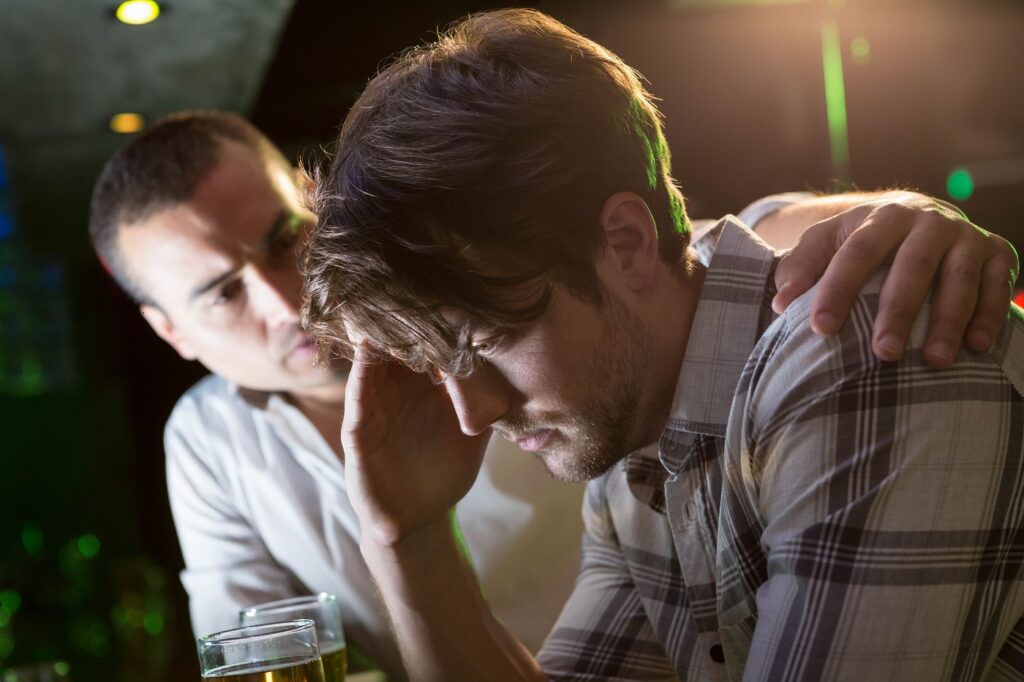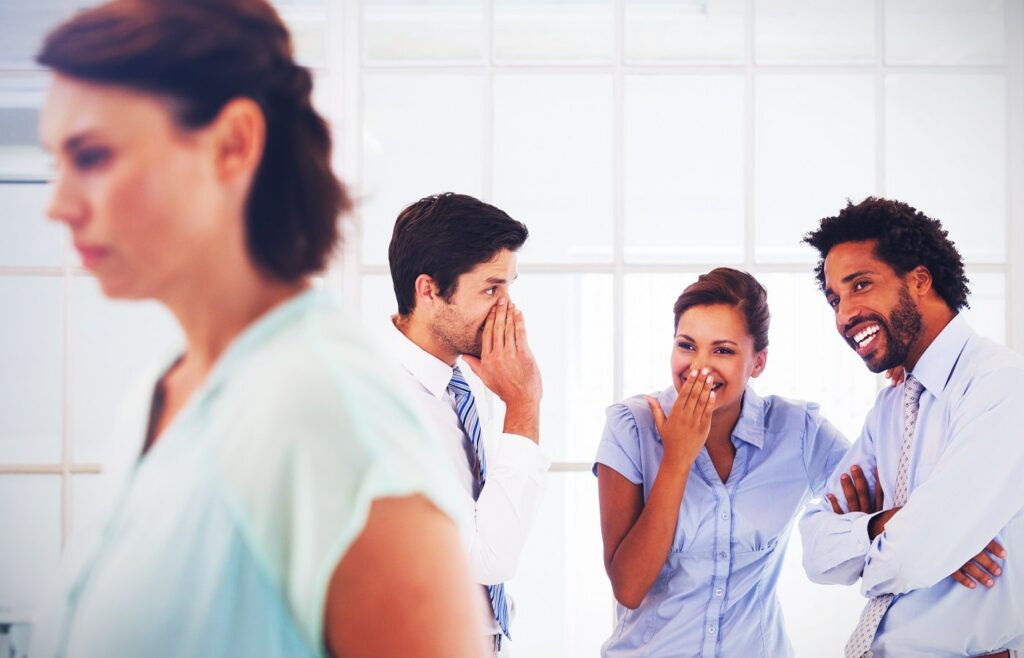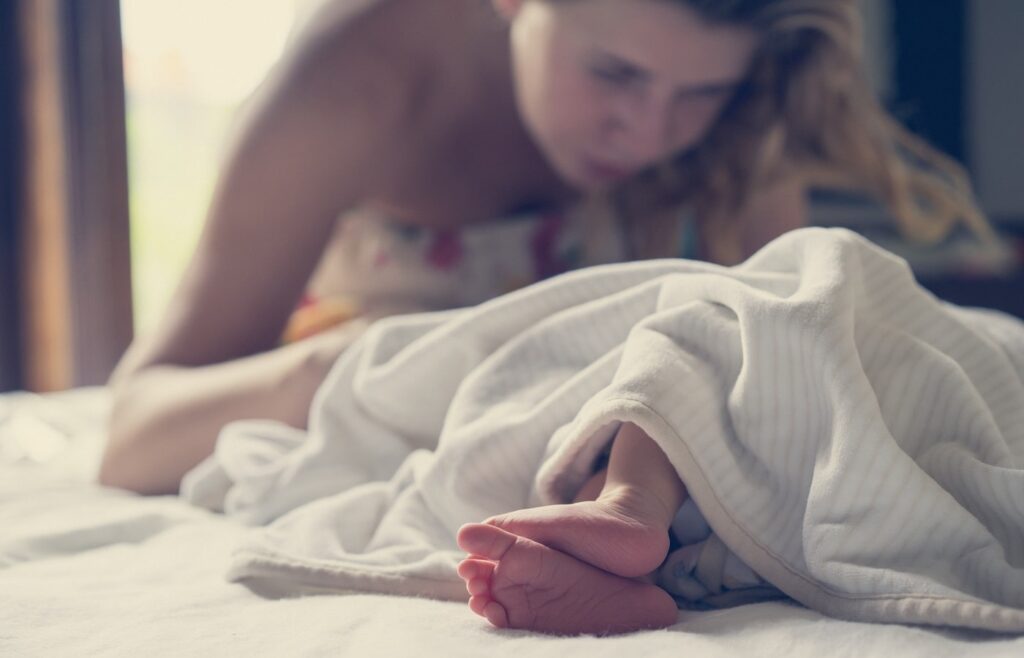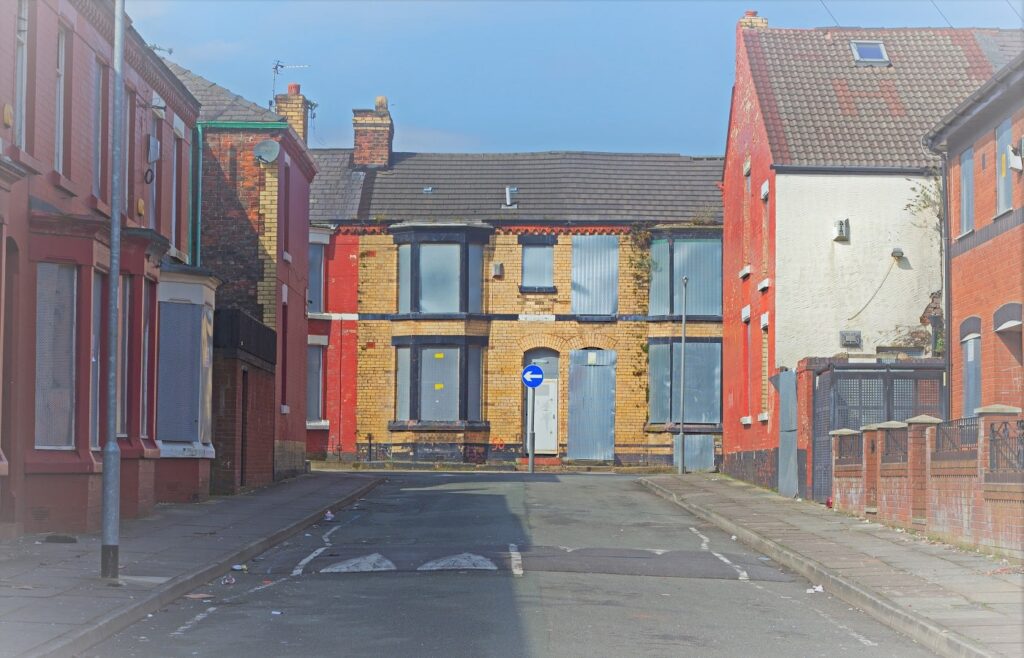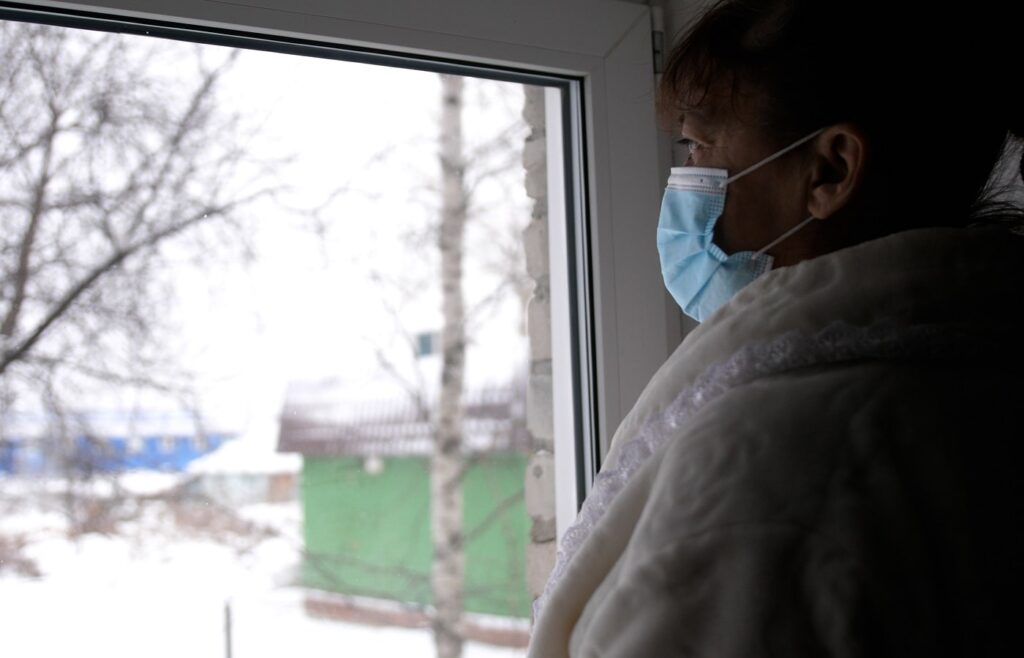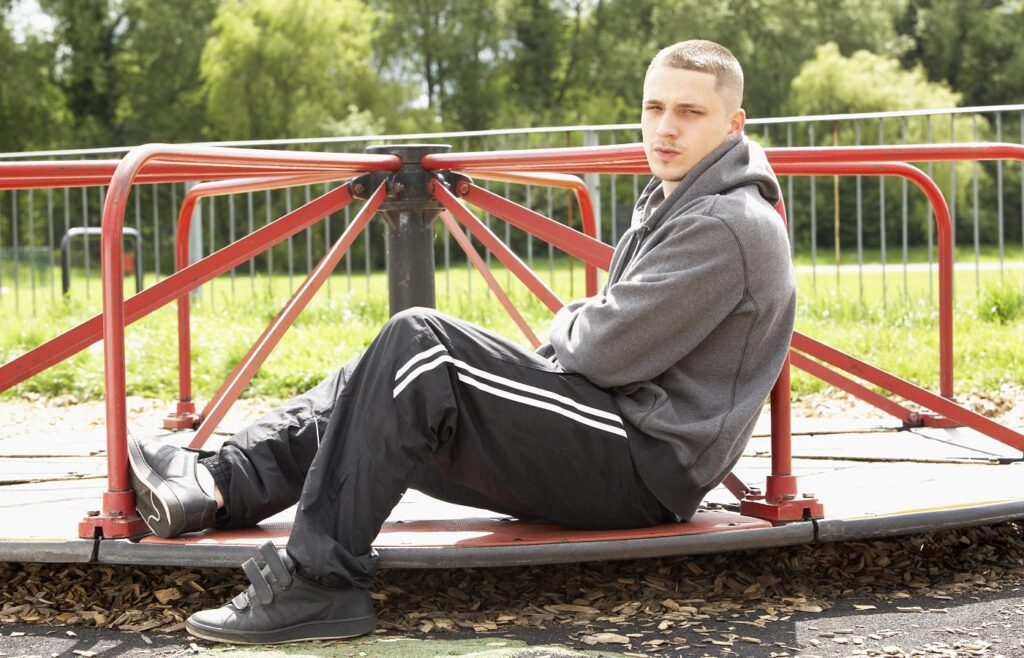 Arts and Creative Therapies can give us the opportunity to let go of painful feelings and thoughts, be free and live in the moment. Some people have reported that partaking in creative therapies such as music, dancing, journaling and painting have enabled them to come to terms with past traumatic experiences, without having to talk about them.
Arts and Creative Therapies can give us the opportunity to let go of painful feelings and thoughts, be free and live in the moment. Some people have reported that partaking in creative therapies such as music, dancing, journaling and painting have enabled them to come to terms with past traumatic experiences, without having to talk about them.
 Complementary and Alternative Therapies are used alongside traditional treatment suggested by your GP, such as medication and talking therapies. These could be activities such as yoga, meditation and mindfulness that can be used to successfully treat mental health conditions.
Complementary and Alternative Therapies are used alongside traditional treatment suggested by your GP, such as medication and talking therapies. These could be activities such as yoga, meditation and mindfulness that can be used to successfully treat mental health conditions.
Breathing Techniques Breathing Techniques Video Talking Therapies Meditation Yoga
 Getting Creative can be a great way to switch your mind off, focus on the task at hand and be “in the moment” It can be helpful to sit down and make a shortlist of the things that you’re interested in, such as drawing, colouring, painting, baking, then set aside the time once a week to immerse yourself in whatever takes your fancy.
Getting Creative can be a great way to switch your mind off, focus on the task at hand and be “in the moment” It can be helpful to sit down and make a shortlist of the things that you’re interested in, such as drawing, colouring, painting, baking, then set aside the time once a week to immerse yourself in whatever takes your fancy.
If you’re looking for ideas, there are lots of kits you can buy that provide you with templates and guides on how to create beautiful pictures using different materials. Inspiration can be found here. The benefits for your mental health can include reducing anxiety, stress, improving your mood, and creating a feeling of accomplishment and satisfaction.
 How to Improve Your Sleep – The quality and lack of sleep can have a big impact on mental health. Equally, poor mental health and cause restlessness and erratic sleeping routines. Some people may find that their mental health issues cause them to feel tired a lot of the time, and as a result, end up sleeping too much.
How to Improve Your Sleep – The quality and lack of sleep can have a big impact on mental health. Equally, poor mental health and cause restlessness and erratic sleeping routines. Some people may find that their mental health issues cause them to feel tired a lot of the time, and as a result, end up sleeping too much.
Creating a peaceful routine before bed, keeping a sleep diary, making sure your area for sleeping is comfortable and peaceful, having some downtime away from electronic devices in the lead up to bedtime, and seeking help for any existing mental health issues that may be causing you to have poor quality sleep, are all things you can do to help improve your sleep routine.
 Mindfulness is a simple practice that can be done anywhere, anytime and is about being “in the moment” and focusing on your current surroundings, allowing your mind to break free from a cycle of worry and anxiety. Mindfulness techniques can be learnt by anyone and have shown to be helpful in reducing low mood, racing thoughts and periods of stress.
Mindfulness is a simple practice that can be done anywhere, anytime and is about being “in the moment” and focusing on your current surroundings, allowing your mind to break free from a cycle of worry and anxiety. Mindfulness techniques can be learnt by anyone and have shown to be helpful in reducing low mood, racing thoughts and periods of stress.
 Nature and Mental Health can greatly improve mental and physical health. Partaking in activities such as gardening, being around animals or going for a peaceful stroll in some woodlands can help achieve feelings of peace and wellbeing and aid mindfulness. Taking the time to sit and watch the birds and the bees and listen to the sounds of nature and take some deep breathes and help reduce anxiety and stress levels and bring a feeling of peace.
Nature and Mental Health can greatly improve mental and physical health. Partaking in activities such as gardening, being around animals or going for a peaceful stroll in some woodlands can help achieve feelings of peace and wellbeing and aid mindfulness. Taking the time to sit and watch the birds and the bees and listen to the sounds of nature and take some deep breathes and help reduce anxiety and stress levels and bring a feeling of peace.
 Physical Activity doesn’t mean you need to commit to training for a marathon. In fact, going from little or no physical activity to 20 minutes, 3 days a week has been proven to have a positive impact on mental health. Even getting out for a brisk walk in the fresh air a few times a week can help get your heart rate and blood flow going, which will improve your mood and sense of wellbeing. Exercise has also been proven to aid restful sleep.
Physical Activity doesn’t mean you need to commit to training for a marathon. In fact, going from little or no physical activity to 20 minutes, 3 days a week has been proven to have a positive impact on mental health. Even getting out for a brisk walk in the fresh air a few times a week can help get your heart rate and blood flow going, which will improve your mood and sense of wellbeing. Exercise has also been proven to aid restful sleep.
Exercise doesn’t have to be hours on the treadmill at the gym; make a list of things you think you may enjoy and give them a try. YouTube is a great place to start to find beginners guides to gentle exercise moves that can be done from the comfort of your own home, and the Mind website also has a list of ideas to get you started.

Arts and Creative Therapies can give us the opportunity to let go of painful feelings and thoughts, be free and live in the moment. Some people have reported that partaking in creative therapies such as music, dancing, journaling and painting have enabled them to come to terms with past traumatic experiences, without having to talk about them.
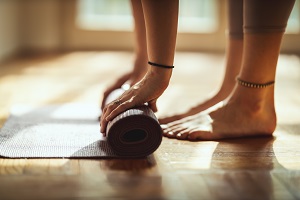
Complementary and Alternative Therapies are used alongside traditional treatment suggested by your GP, such as medication and talking therapies. These could be activities such as yoga, meditation and mindfulness that can be used to successfully treat mental health conditions.
Breathing Techniques Breathing Techniques Video Talking Therapies Meditation Yoga
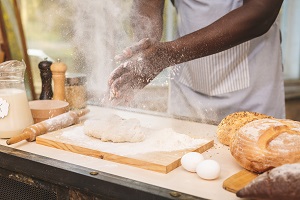
Getting Creative can be a great way to switch your mind off, focus on the task at hand and be “in the moment” It can be helpful to sit down and make a shortlist of the things that you’re interested in, such as drawing, colouring, painting, baking, then set aside the time once a week to immerse yourself in whatever takes your fancy.
If you’re looking for ideas, there are lots of kits you can buy that provide you with templates and guides on how to create beautiful pictures using different materials. Inspiration can be found here.
The benefits for your mental health can include reducing anxiety, stress, improving your mood, and creating a feeling of accomplishment and satisfaction.

How to Improve Your Sleep – The quality and lack of sleep can have a big impact on mental health. Equally, poor mental health and cause restlessness and erratic sleeping routines. Some people may find that their mental health issues cause them to feel tired a lot of the time, and as a result, end up sleeping too much.
Creating a peaceful routine before bed, keeping a sleep diary, making sure your area for sleeping is comfortable and peaceful, having some downtime away from electronic devices in the lead up to bedtime, and seeking help for any existing mental health issues that may be causing you to have poor quality sleep, are all things you can do to help improve your sleep routine.

Mindfulness is a simple practice that can be done anywhere, anytime and is about being “in the moment” and focusing on your current surroundings, allowing your mind to break free from a cycle of worry and anxiety. Mindfulness techniques can be learnt by anyone and have shown to be helpful in reducing low mood, racing thoughts and periods of stress.

Nature and Mental Health can greatly improve mental and physical health. Partaking in activities such as gardening, being around animals or going for a peaceful stroll in some woodlands can help achieve feelings of peace and wellbeing and aid mindfulness. Taking the time to sit and watch the birds and the bees and listen to the sounds of nature and take some deep breathes and help reduce anxiety and stress levels and bring a feeling of peace.
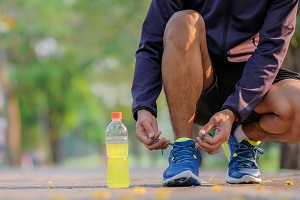
Physical Activity doesn’t mean you need to commit to training for a marathon. In fact, going from little or no physical activity to 20 minutes, 3 days a week has been proven to have a positive impact on mental health. Even getting out for a brisk walk in the fresh air a few times a week can help get your heart rate and blood flow going, which will improve your mood and sense of wellbeing. Exercise has also been proven to aid restful sleep.
Exercise doesn’t have to be hours on the treadmill at the gym; make a list of things you think you may enjoy and give them a try. YouTube is a great place to start to find beginners guides to gentle exercise moves that can be done from the comfort of your own home, and the Mind website also has a list of ideas to get you started.
COVID19 has understandably had a big impact on mental health. Lockdowns, restrictions, and the worry surrounding the long-term impact of the disease and the economy has caused many people to become more isolated, stressed, and anxious about the future. Thankfully, due to the vaccination programme and social distancing, things are looking up and there are many sources of helpful information to help with individual circumstances surrounding Covid19. Please visit Coronavirus and Your Wellbeing for more information.
Useful resources for your wellbeing:
Calm is an app you can download to your device. It focuses on improving sleep quality, reducing stress and/or anxiety, improving focus and self-improvement. You get a free trial period of 7 days that unlocks all content. The “free” content is still extremely useful.
Get Self Help UK – provides Cognitive Behavioural Therapy (CBT) self-help and therapy resources services.
Headspace – provides many resources for meditation and mindfulness in the form of bite-sized meditations/activities. You get a free trial period depending on if you sign up to the annual or monthly subscription that unlocks all content. The “free” content is still extremely useful if you are not in a position to pay.
SilverCloud. Making Space For Healthy Minds (silvercloudhealth.com)– free digital courses focusing on CBT (Cognitive Behavioural Therapy)
Unmind is a workplace mental health platform enabling employees to improve their work/life balance.
The NHS website has more information on hints and tips to manage your mental health:
NHS Guides, Tools and Activities
The following links also provide advice to equip you with the skills and knowledge to live your life to the fullest:
NHS Psychological Therapies – self-referral
Tips for dealing with depression
Welfare Benefits and Mental Illness
All links on this page are from either Mind, NHS, or Rethink’s websites.
As we write more articles and discover more ways and techniques to help yourself and your wellbeing, we will add them to this page.
As we write more articles and discover more ways and techniques to help yourself and your wellbeing, we will add them to this page.
